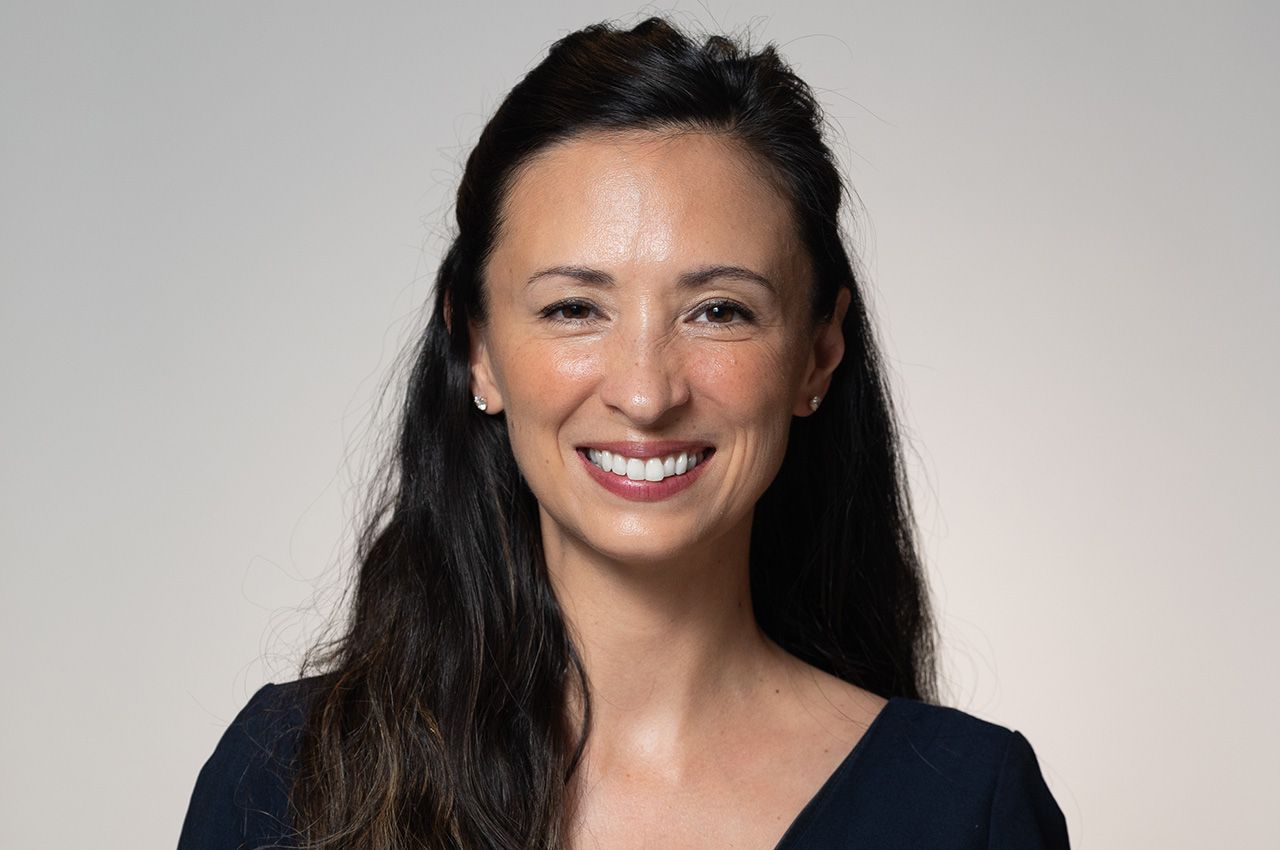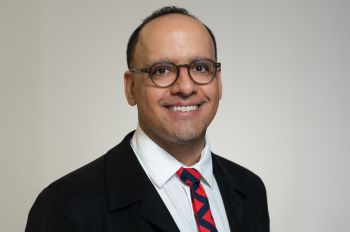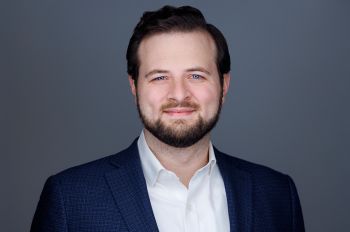A Real-World Approach: New C-K Professor Takes on Copyright Law by Exploring It

“I love teaching,” says Chicago-Kent College of Law Professor Cathay Y. N. Smith. “I find that my research speaks to my teaching, and my teaching often speaks to my research.”
Smith joined the faculty at Chicago-Kent in fall 2024 from University of Montana’s Alexander Blewett III School of Law, where she had taught since 2015. She got her start in the legal world in Chicago, earning her J.D. from Loyola University Chicago School of Law and spending six years as an IP litigator at Katten Muchin Rosenman LLP before moving into academia.
“I explore copyright law and its intersection with social policy,” Smith says of her research. “I like to examine at how copyright law can be used to address broader societal issues such as free speech, political discourse, and cultural preservation. My articles are frequently inspired by current events or issues of interest.”
Recently, she capitalized on the Tiger King phenomenon that spawned during the early days of the COVID-19 pandemic to explore copyright issues in pop culture.
“There was a copyright issue [in the show] that I wanted to explore with my students in class,” she says. “After talking it through and analyzing it carefully, student comments in the class inspired me to write a short essay about it, which then led to a longer paper.”
Hence, two of Smith’s recent papers were born: “Weaponizing Copyright” and “Copyright Silencing.” The papers explore the ways in which people use copyright as a weapon to silence criticism and suppress other kinds of speech—or for purposes other than protecting their copyright and its economic value.
Shortly after the papers were published, Smith again found inspiration in the headlines.
“It started with Dr. Seuss announcing that they weren’t going to publish six or seven of Dr. Seuss’ books because the books included what was described as offensive and racist materials in children’s books,” she says. “I wanted to look at the copyright implications of both using copyright to pull back and not publish works during the copyright term, as well as editing works and publishing new editions of works that remove offensive content.”
That major news story led to “Cancelling Dr. Seuss,” which then inspired two more published works about changes being made to Roald Dahl and other authors’ classic books.
“Owning copyright to a work typically means that you can pretty much do almost anything you want with your work,” she says.
But Smith says the issues are far more complicated than that, and she pushes her students to also think beyond the black and white.
“You need to have an understanding of what the law governs, but also why, how, and whether it should,” she says. “Those are the different approaches I like to take in my teaching.”
Smith’s teaching style is also inspired by her own background. She grew up in Taiwan, returning to her native United States when she went to college.
“By the time you get to university and law school, there’s this presumption that you understand the basics of U.S. government and the legal system, but not every student comes to law school with the same background and education,” she says. “I never took any of those classes growing up, and I like to teach my courses—especially my 1L course—without the presumption that students come in with the understanding of even the difference between criminal and civil law or the difference between state and federal courts.”
“Why would they?” she continues. “If you’re not from a family of lawyers, you wouldn’t necessarily know.”
Smith is not only excited to join the renowned Chicago-Kent faculty.
“[The Law School] has a nationally renowned intellectual property program. I am excited to support the current program, but also to help it grow and build,” she says. “Chicago is where I started my legal career, and I am delighted to serve and give back to the community that helped me grow as a legal professional.”



